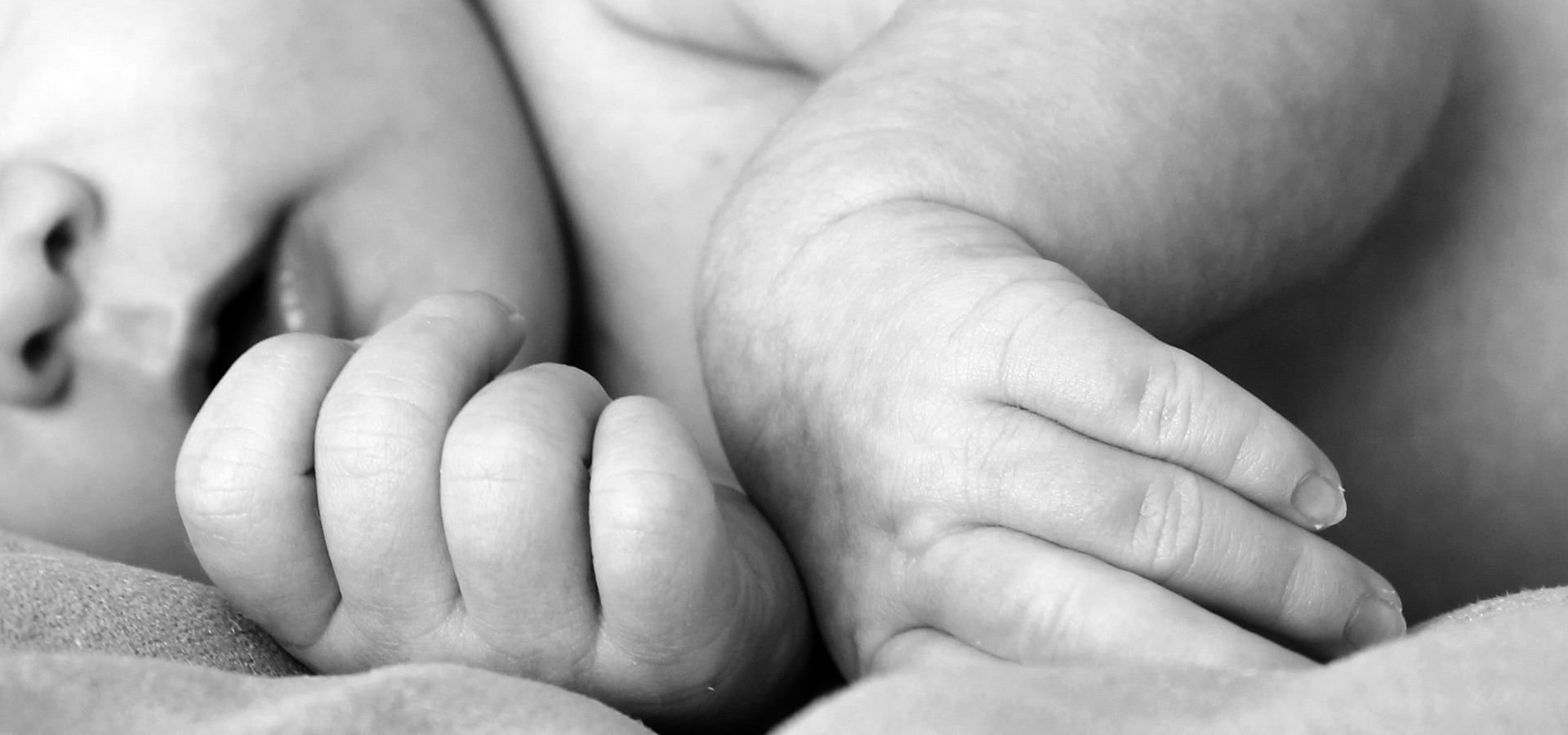 Source: bing.com
Source: bing.comAs a new parent, one of the many questions that might cross your mind is when does a baby develop nerves? The development of the nervous system is a complex process that starts early in fetal life and continues throughout infancy and childhood. In this article, we’ll take a closer look at the timeline of neural development in infants and how it affects their growth and behavior.
Table of Contents
Understanding the Nervous System
The nervous system is a complex network of cells that transmit signals between the brain and other parts of the body. It is responsible for controlling and coordinating all bodily functions, including movement, sensation, and thinking. The nervous system is divided into two main parts: the central nervous system (CNS) and the peripheral nervous system (PNS).
The CNS consists of the brain and spinal cord, while the PNS includes all the nerves that connect the CNS to the rest of the body. The PNS is further divided into two parts: the somatic nervous system, which controls voluntary movements, and the autonomic nervous system, which controls involuntary functions such as heart rate, breathing, and digestion.
When Does Neural Development Begin?
Neural development starts in the embryonic stage, around three weeks after conception. The neural plate, a flat sheet of cells, forms along the back of the embryo and eventually folds inwards to form the neural tube. This tube will eventually become the brain and spinal cord.
By week five of development, the neural tube has closed and the brain is beginning to take shape. At this stage, the developing nervous system is highly susceptible to environmental factors such as drugs, infection, and radiation.
The Role of Neurotransmitters
As neural development continues, the brain begins to produce neurotransmitters, chemicals that transmit signals between neurons. The first neurotransmitter to develop is acetylcholine, which is involved in muscle movement and memory. By the end of the first trimester, the fetus is producing several other neurotransmitters, including dopamine, serotonin, and norepinephrine.
These neurotransmitters play a crucial role in shaping the developing brain. For example, dopamine is involved in reward and motivation, while serotonin is involved in mood regulation and social behavior.
Milestones in Neural Development
By the end of the first trimester, the developing brain has all the major structures in place. However, it is not until the second trimester that the brain begins to form new connections between neurons. This process, known as synaptogenesis, continues throughout infancy and childhood.
By six months of age, the developing brain has formed trillions of synapses, or connections between neurons. This is the period when the brain is most plastic or adaptable, and experiences can have a profound impact on neural development.
By age two, the brain has reached 80% of its adult size and weight. However, neural development continues throughout childhood and adolescence, with the prefrontal cortex, the part of the brain responsible for impulse control and decision-making, maturing last.
The Importance of Early Stimulation
The early years of life are critical for neural development, and experiences during this period can have a lasting impact on cognitive, emotional, and social development. Research has shown that children who receive adequate stimulation and nurturing in the early years have better outcomes in areas such as language development, academic achievement, and mental health.
Parents can do a lot to promote healthy neural development in their infants, such as providing plenty of sensory stimulation, talking and singing to their babies, and engaging in interactive play.
Conclusion
In conclusion, neural development is a complex and ongoing process that starts early in fetal life and continues throughout childhood and adolescence. The early years of life are critical for neural development, and experiences during this period can have a lasting impact on cognitive, emotional, and social development. As a parent, it’s important to provide your baby with plenty of stimulation and nurturing to promote healthy neural development.
Frequently Asked Questions
Q: When does a baby develop nerves?
A: Neural development starts early in fetal life, around three weeks after conception.
Q: Why is neural development important?
A: Neural development is critical for all aspects of human functioning, including movement, sensation, thinking, and emotion.
Q: What can parents do to promote healthy neural development in their infants?
A: Parents can provide plenty of sensory stimulation, talk and sing to their babies, and engage in interactive play.
Q: How long does neural development continue?
A: Neural development continues throughout childhood and adolescence, with the prefrontal cortex, the part of the brain responsible for impulse control and decision-making, maturing last.
Q: What factors can affect neural development?
A: Environmental factors such as drugs, infection, and radiation can affect neural development, as well as experiences such as stress, neglect, and trauma.
